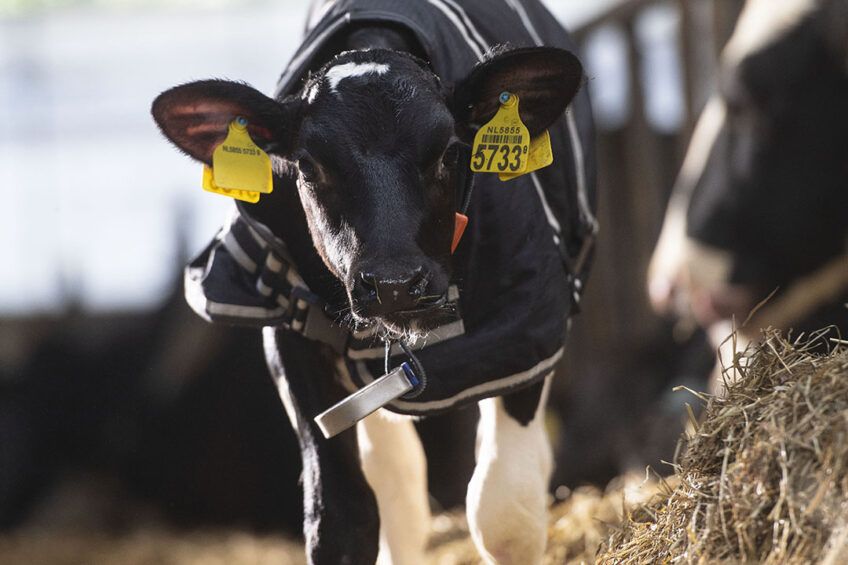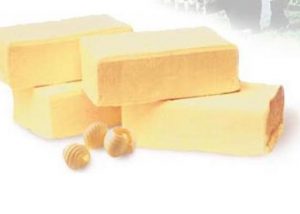
A market study conducted by the Russian news outlet, MilkNews, showed that most milk companies have to deal with a shortage of veterinary drugs on the market.
Alexander Sukhinin, general director of the Derevyansky dairy factory, commented that the price jumped by 40% to 150% depending on the product item over the past few months. Sukhinin warned that a further rise in prices is very likely.
Production halts in China
Since January 2021, the price for some pharmaceutical substances used to produce veterinary drugs increased by, on average, 30%, the press service of the Russian milk producer VIK said. Since October, the price rise accelerated – on some items, the price has nearly doubled, the company said, adding that this is primarily linked with production disruption in China, which struggles to cut emissions for the upcoming winter Olympics in Beijing.
Expensive logistics
Furthermore, the Covid-19 pandemic has made all logistics more expensive, VIK said. The tariffs on international supplies have increased by a factor of 2-3 times, while within the country, goods delivery has become more expensive by 30% since the beginning of the year, the company estimated.
Rising raw materials prices
MilkNews reported that to some extent, the price hike on the Russian veterinary drugs market is associated with expensive raw materials. For instance, the price of n-methyl-2-pyrrolidone has jumped by 250% over the past several months.
Tough import dependence for veterinary medicine
The volume of the Russian veterinary drugs market stands at 48 billion rubles (US$620 million) per year, of which only products worth 15 billion rubles (US$200 million) are produced in the country, the Russian veterinary association estimated. The country has a nearly 70% dependence on the import of veterinary drugs and is very sensitive to price fluctuations on the global market, and the price almost always follows the exchange rate dynamics.
In November, the Russian ruble lost nearly 10% against hard currency following the news about the discovery of the new coronavirus variation.
Some veterinary medicines used in the Russian dairy industry are not produced in Russia at all, Sukhinin said. The Russian veterinary association noted that the import-replacement in this segment is possible, even though it would require large-scale investments.


















